Today I Want To Talk About Depression…
I’ve been struggling for the past 7 months with pretty serious depression due to health issues (tingling all over my body, visual disturbances, and general anxiety). I was diagnosed with mold biotoxicity, severe anemia, and I had shoulder surgery in this time, so all of it together has been a bit traumatic, sad, and confusing.
All of that along with the looming question about whether or not I want to have a child (I’m 37, so the clock is ticking) means the topic of depression is front and center for me right now.
Some days I’m fine, but others I just cry and have a hard time making myself get out of bed or taking care of myself in general.
Why Not Get On A Pharmaceutical?
I know there are natural ways of dealing with depression, and I’ve been pretty stubborn so far about not getting on an anti-depressant. But man, some days all I want is a pill to make it go away.
Then I do a little more reading up on SSRI’s, and decide once again, I don’t want the potential side effects.
After all, I was on an SSRI, Celexa, for about a year of my life, and getting off of it was one of the hardest things I’ve ever done in my life. Plus, I called it “No sex-a Celexa” because my sex drive and performance went down the tubes. So for me, a pharmaceutical just isn’t the answer to depression right now.
Anyway, I’m not telling you all of this to make you feel sorry for me or to seek out your sympathy!
There Are Natural Ways to Treat Depression
I’m telling you this because there are some things I’m doing that are helping, and I’m going to tell you about them. But also, because right now there’s an invaluable resource online about healing depression naturally. And it’s free.
It’s called The Depression Sessions, and it’s basically video interviews with the world’s experts on healing depression without drugs. Psychiatrists, medical docs, naturopaths, nutritionists, and researchers have gotten together and spilled their guts about why we’re depressed and what to do about it.
Things like:
- How nutrition is involved with depression
- How thyroid affects and causes depression
- How anti-depressants actually can make brain chemistry worse
- What supplements to take for depression
- How to safely get off of anti-depressant meds
- How to deal with panic attacks
- Using neurofeedback to treat depression
- And a lot more.
I’m particularly excited to watch the video called, “Confessions of an Ex-Pharmaceutical Sales Rep” because I’m a sucker for confessions and I generally don’t like pharmaceutical companies’ tactics.
If you’re interested in watching these videos every day starting today, along with me, you can sign up here:
–>> Watch The Depression Sessions For Free
What I’m Doing for My Depression
In the meantime, I’ll tell you what I’ve done for my own depression and anxiety.
1. EFT (aka Tapping)
Basically, you tap on acupressure points all over your head and torso while acknowledging the stress and moving through it (with the help of a professional and then you can do it on your own alone).
I was having panic attacks regularly, and I started seeing Teri Mattingly over the phone, and I haven’t had a panic attack since our first session. Pretty amazing.
2. Iron Supplements
Obviously, this isn’t for everyone, but after seeing my naturopath, we discovered I was highly deficient in iron and ferritin, and once I started supplementing with lots of iron, my numbers started getting better, and my mood and energy started to improve.
3. Methylfolate and SAMe
I’m positive for the MTHFR gene, which means I have a hard time converting folate from food into methylfolate, which is the form of folate your body actually uses for mood, proper brain function, and thwarting certain cancers. So once I started taking methylfolate again, things started to get a little bit better.
SAMe is a natural pre-cursor to serotonin, and it can help with depression. I just upped my dose a couple days ago, and I already feel more capable of dealing.
4. Hobbies
These are the things I talked about in the last email I sent out about the 6 things you can do instead of eat. I don’t eat when I’m stressed, but I do brood and cry and well, it gets pretty ugly. So drawing, painting, doing yoga, singing, writing, walking, and playing games with my husband have all become life savers for me.
5. The Book The Gifts of Imperfection
I’ve never been into self-help books. I’ve just never found any that actually help, but so far this book is really helping me feel better about myself. It teaches you to say, “I don’t care what other people think of me,” and take care of yourself. So far, just saying, “I am enough,” on a regular basis has been helping tremendously.
So that’s what I’ve been doing to help the depression and anxiety! I hope these suggestions help, but I also highly suggest you join me in watching the Depression Sessions, where we can all learn more about managing and ultimately healing, depression. I’m ready for it to be over – are you?





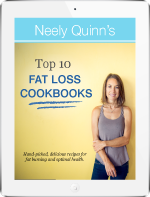
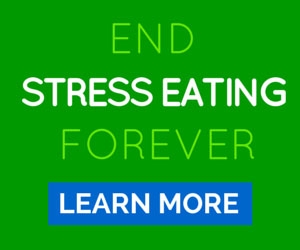
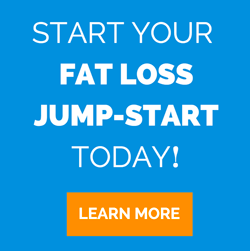
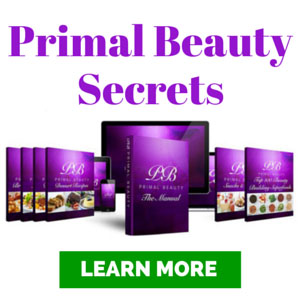
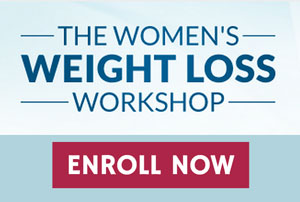
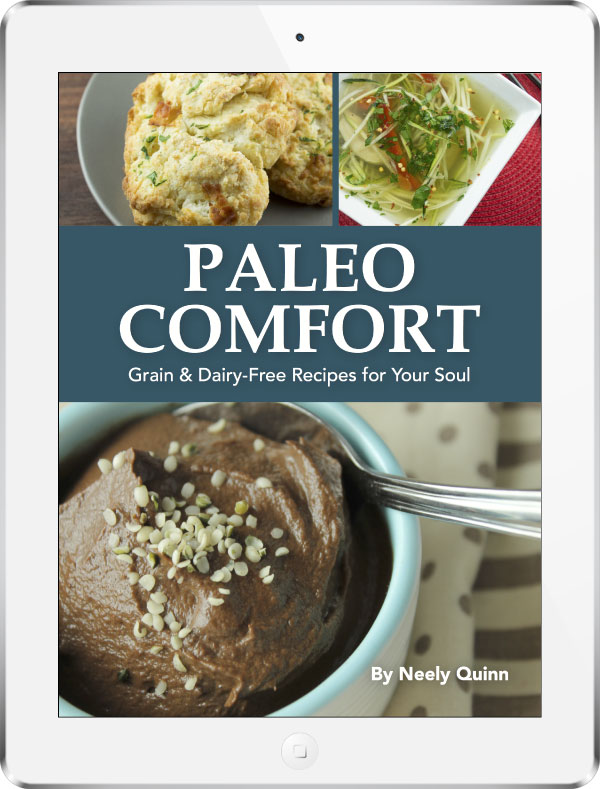

I had life-long depression, so a good anti-depressant helped me a lot. The most important thing I did was a lot of years of good psychotherapy, which helped me to move beyond the unresolved issues of the past. If your depression starts early in life it can result in chemical changes in the brain, which respond to antidepressants. However, good cognitive/behavioral therapy can reverse those chemical changes to where an anti-depressant is no longer necessary. The final piece of the puzzle for me was developing close relationships. I am happy to report that my life has become very normal now. The only antidepressant that worked for me and had minimal side effects was Bupropion (Wellbutrin). The other generic for Wellbutrin, Budeprion did NOT work for me. Not all generics are created equal. Most of the antidepressants have way too many side effects to be worth taking (in my opinion). If you take one and feel no difference after a month, tell your doctor and get a higher dose or a different drug until you find something that works for you.